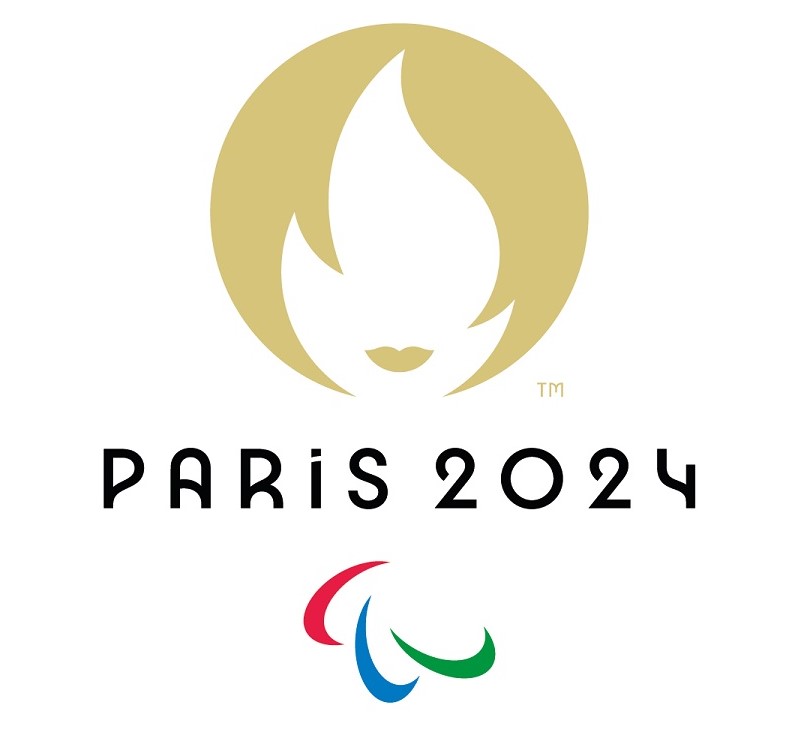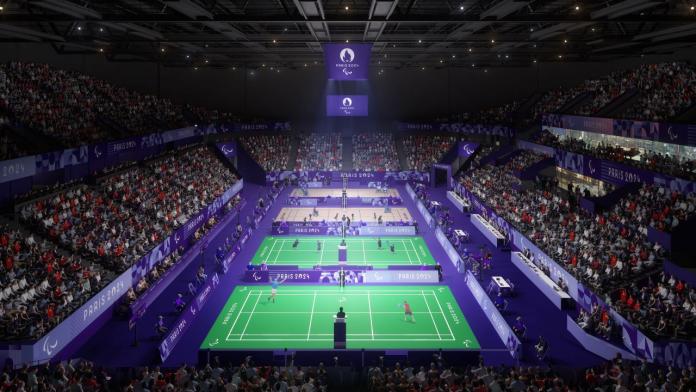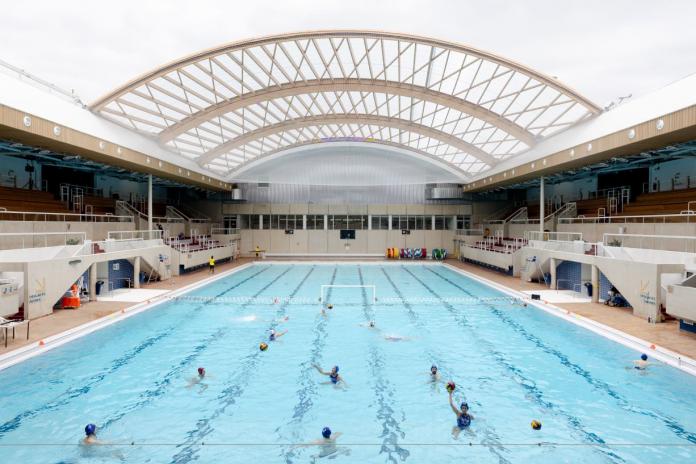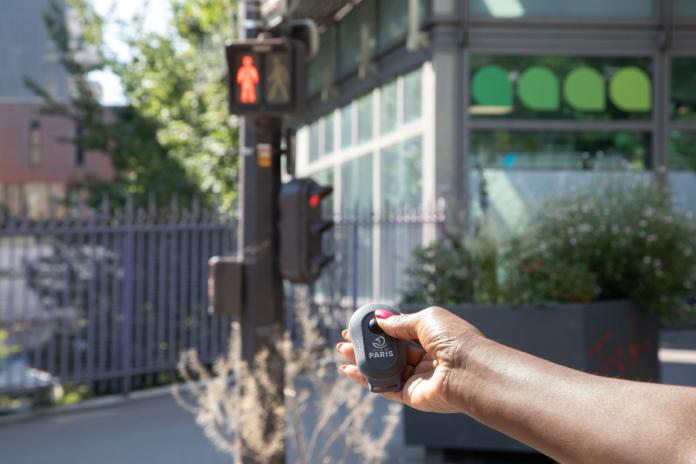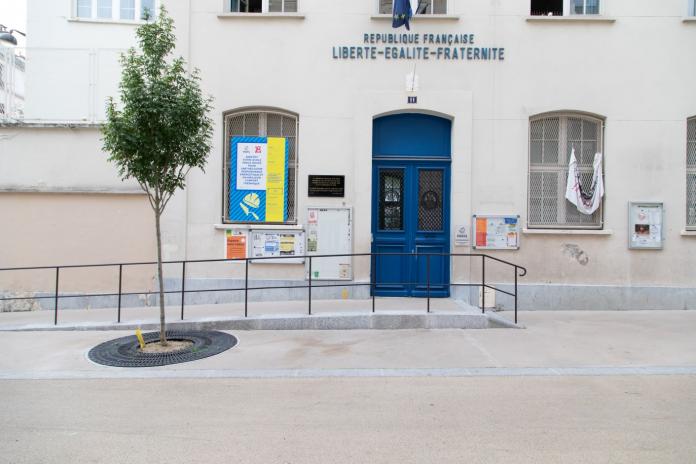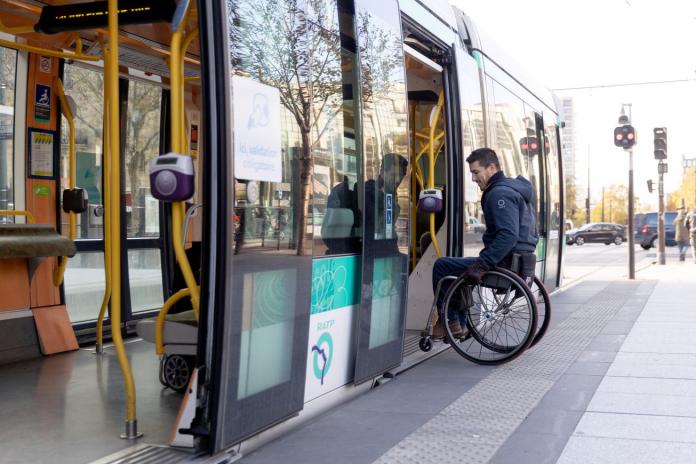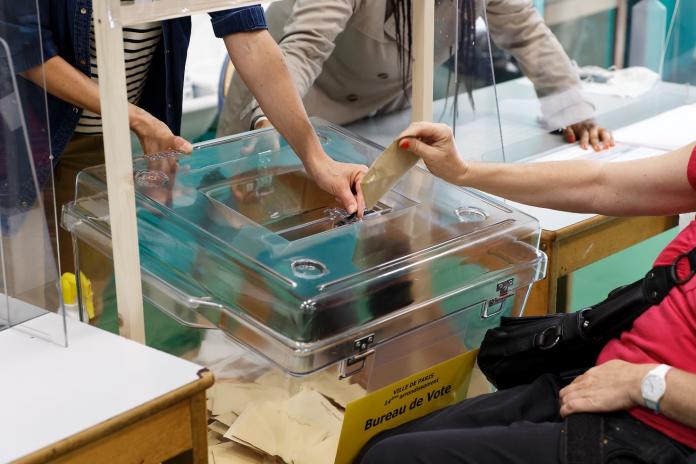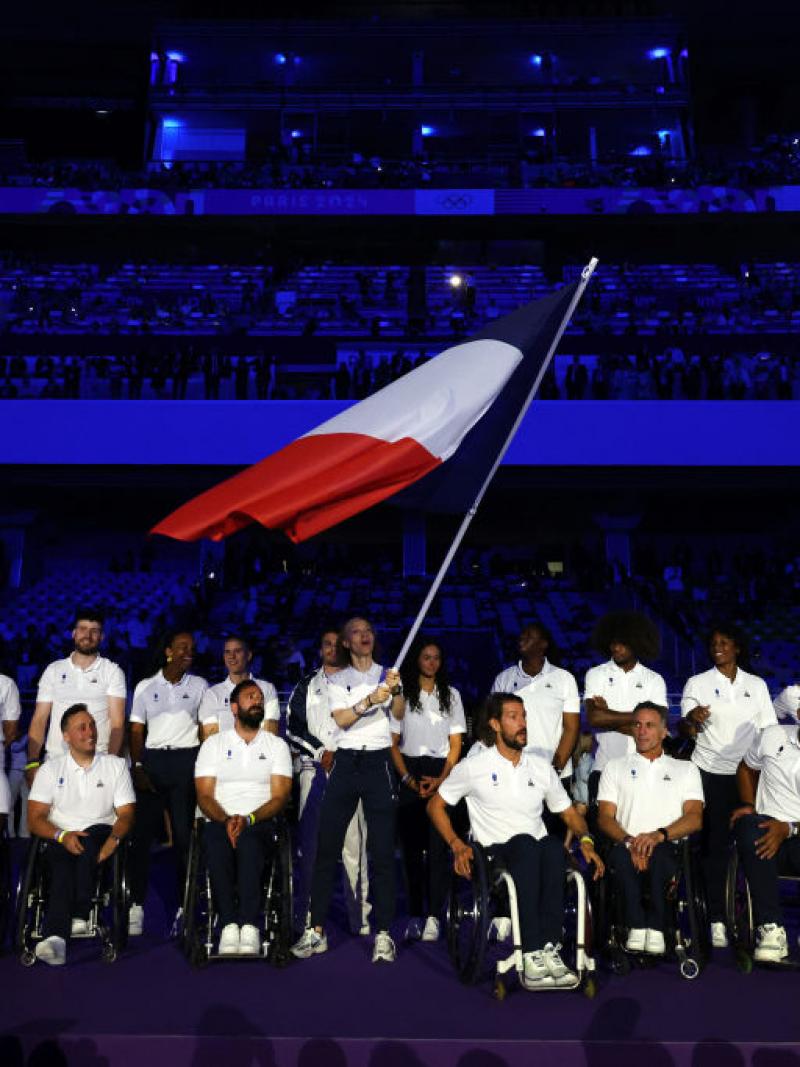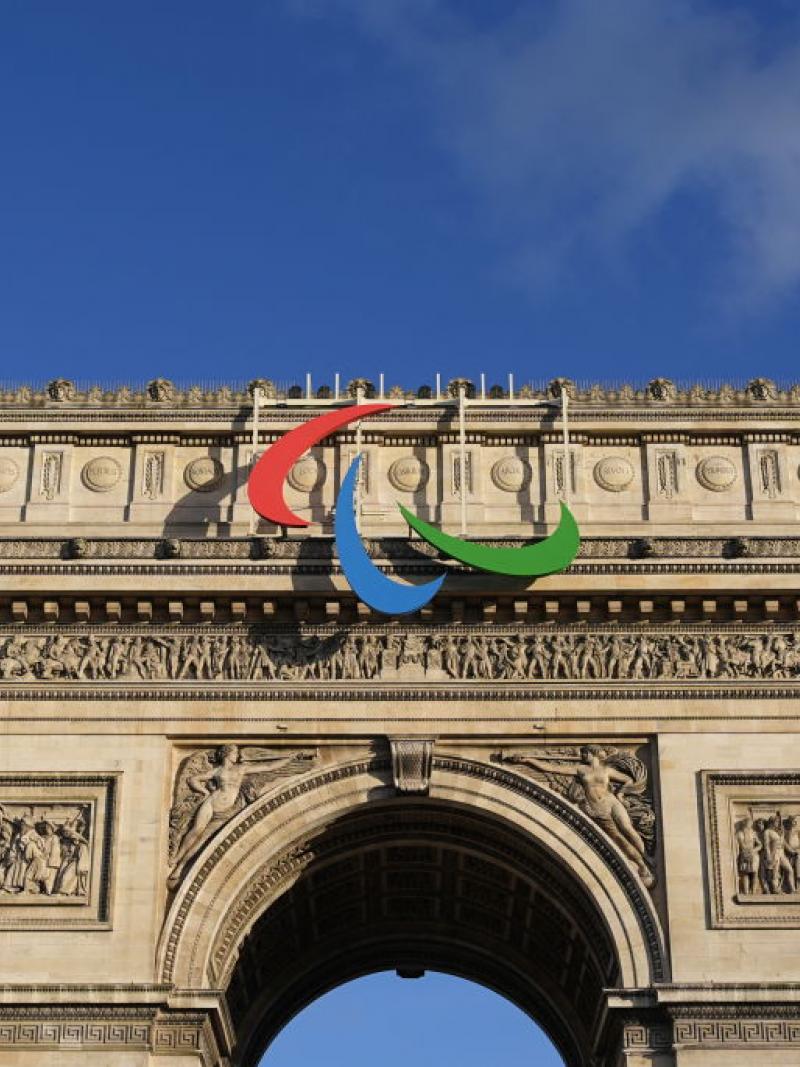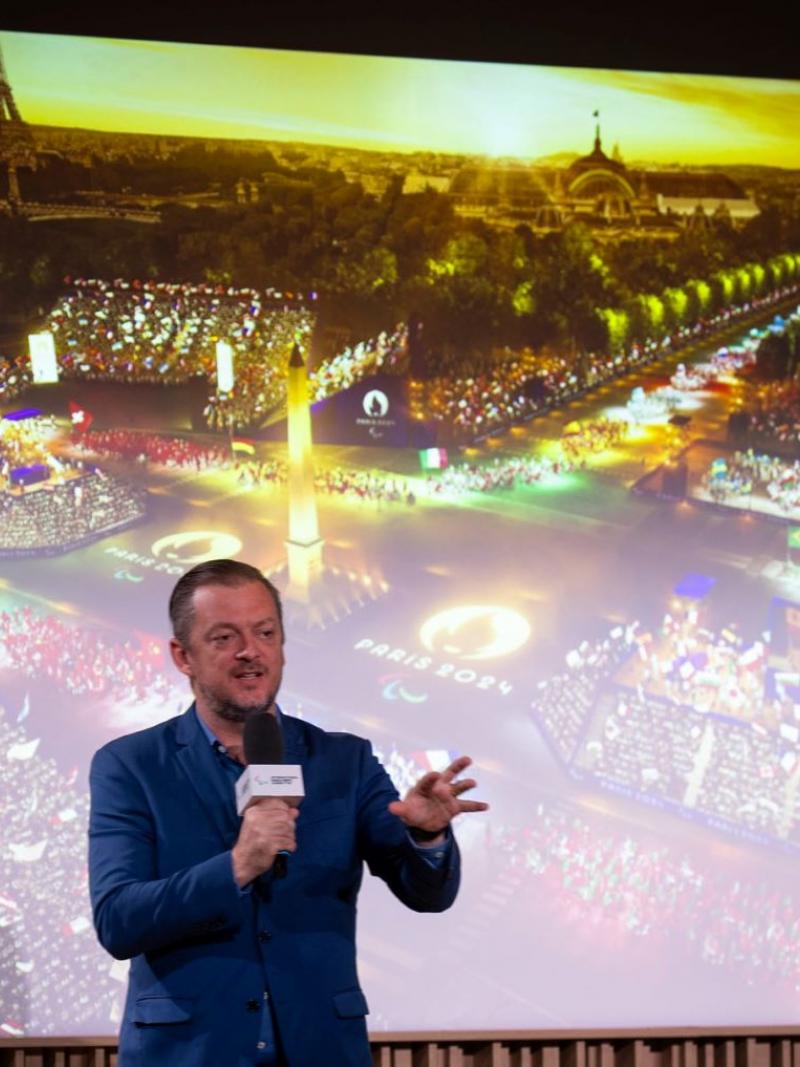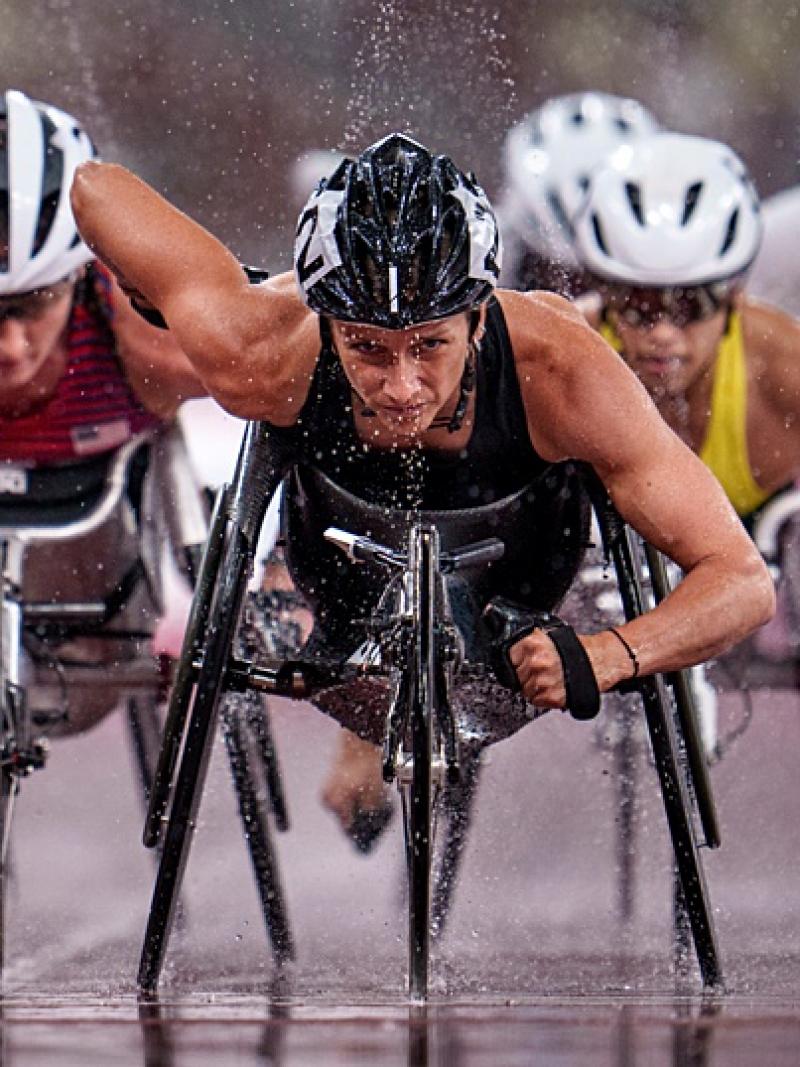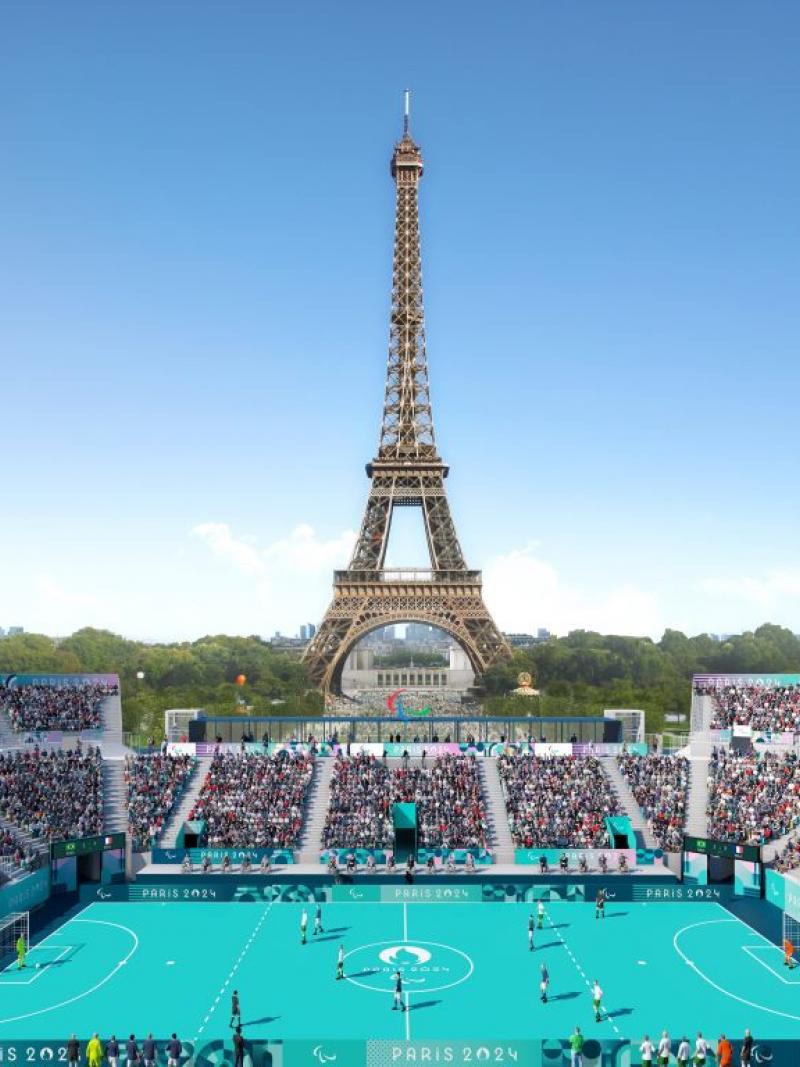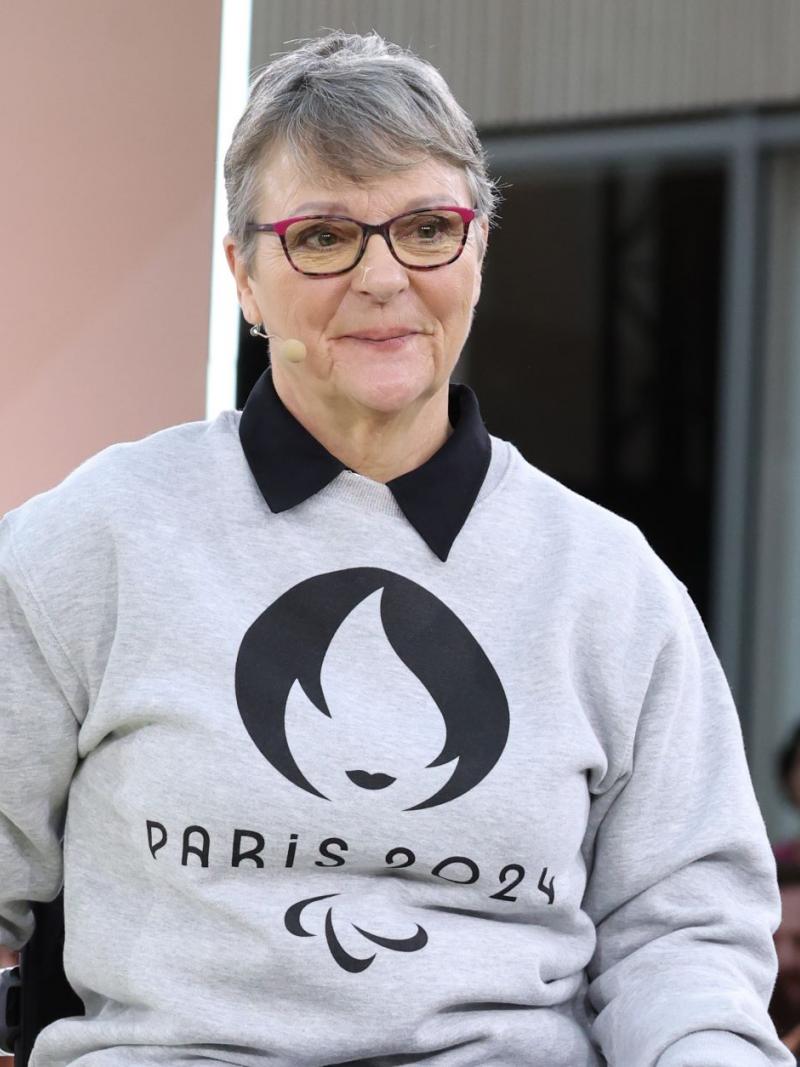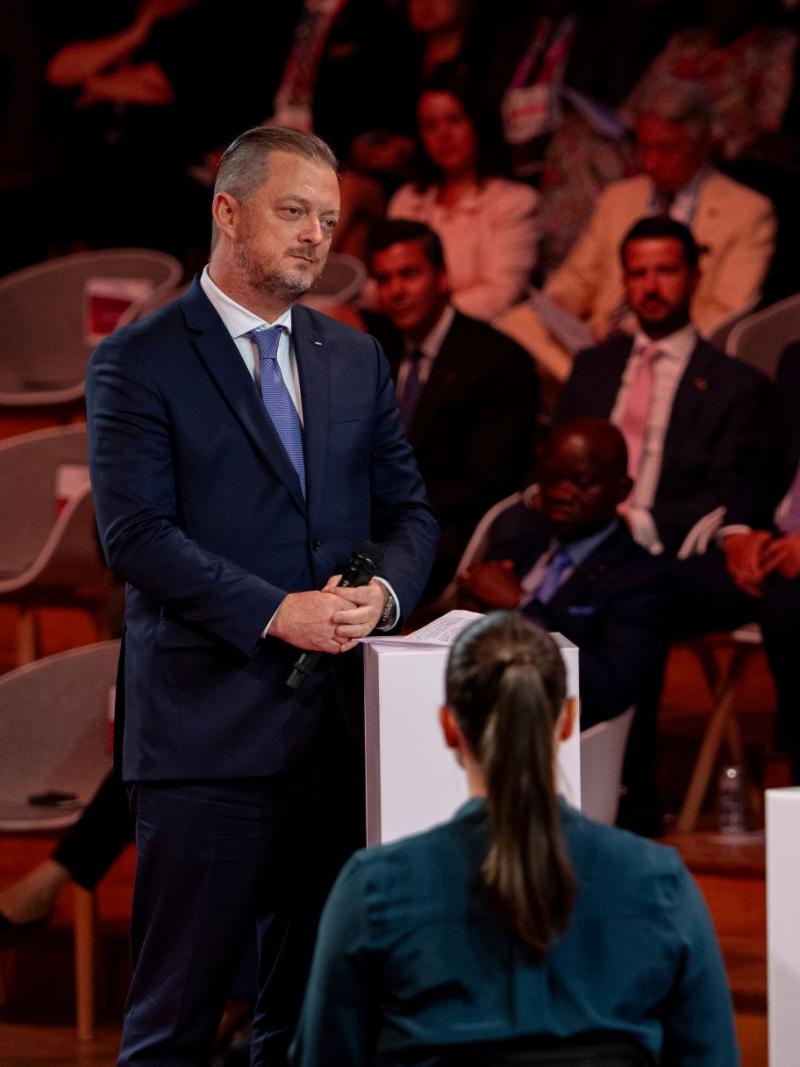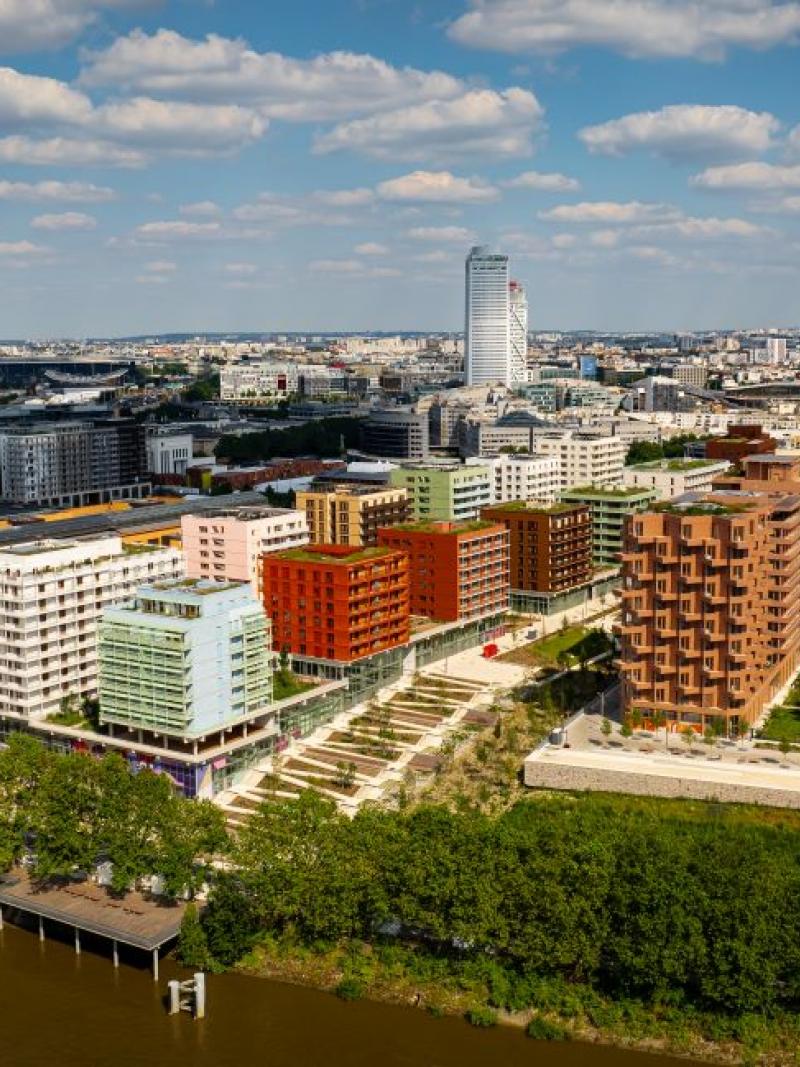Change Starts With Sport: 10 Paralympic legacies of Paris 2024
Hosting the Paralympic Games has led to the City of Paris investing EUR 125 million into making the historic French capital more accessible 15 Aug 2024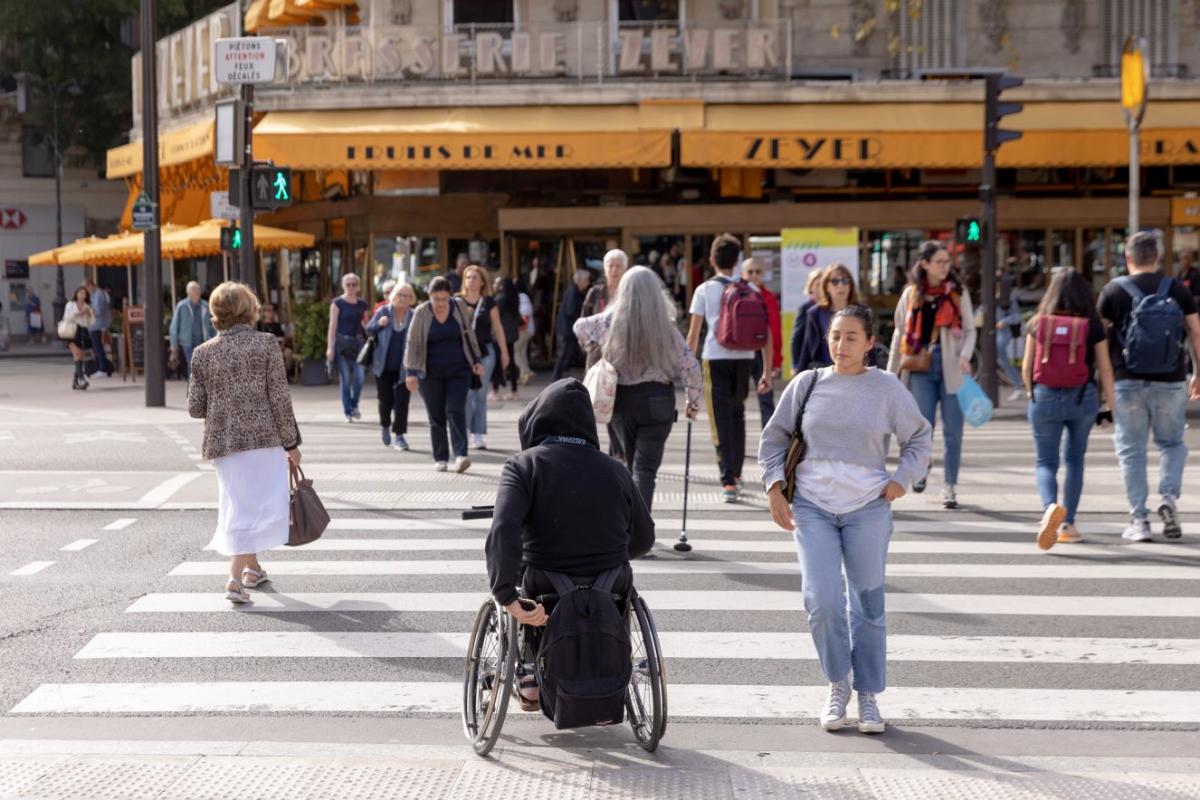
The Opening Ceremony of the Paris 2024 Paralympic Games may still be two weeks away, but the City of Paris is already proving Change Starts with Sport by investing EUR 125 million to deliver many transformational legacies that will make the city more accessible to persons with disabilities in all aspects of life.
Making one of the world’s most historic and iconic cities accessible is not easy, but Paris is proof that it is possible.
Whether you are a Parisian or a tourist, here are 10 outstanding legacies triggered by the French capital staging the Paralympic Games.
1. Blueprint Games venues
While 95 per cent of the Paris 2024 competition venues are pre-existing or temporary and have been adapted to ensure accessibility for the Paralympic Games, one of the newly built venues is going above and beyond the standard requirement for accessibility.
The 8,000 seat Porte de La Chapelle Arena, which will host Para badminton and Para powerlifting during the Paralympic Games, was awarded Certivéa’s Accessibility certification upon opening in February 2024. The certification is awarded as proof that a venue meets requirements for hosting large events, has taken measures against the effects of ageing structures, and assesses usability, comfort and safety of spaces for all users. It stands as proof that the venue provides the best standard of usage quality for all.
2. Better sports facilities
To help provide suitable training venues for Para athletes competing at Paris 2024 and provide a new cornerstone for Para sport post-Games, the City of Paris has invested more than EUR 10 million into improving accessibility at six of the capital’s sport facilities.
Amongst the facilities to benefit from investment are the Georges Vallerey Swimming Pool which hosted aquatics events at the Olympic Games Paris 1924, and the Pierre de Coubertin stadium which was opened in 1937.
To get the improvements right, the City of Paris sought input from several expert stakeholders including partner associations, and groups involved in Para sport.
3. Accessible schools
The City of Paris has adopted an impressive plan to ensure there is at least one accessible school within a 15-minute-walk of any location in the city. To preserve the continuity of children’s schooling, from nursery to middle school, this plan aims to create groups of very close establishments.
Between 2024 and 2026, 244 schools will be made accessible. Works will be carried out during summer holiday at a cost of between EUR 500,000 – 1 million per school.
There are 11,950 pupils with disabilities enrolled in public and private schools in Paris, with 4,430 in primary schools. This number was only 2,600 in 2007, representing an average growth of 11% per year over the last 14 years.
4. Improvements for persons with vision impairment
There are 18,000 traffic light junctions in Paris which can make negotiating the city for France’s 1.7 million people with a vision impairment a daunting prospect.
At a cost of EUR 3.6 million, 10,400 sound modules have been installed allowing Parisian traffic lights to broadcast a message at the push of a button.
A further 2,500 new additional sound modules will be installed by the time of the Games.
Paris distributes the remote controls that activate these sound modules free of charge to Parisians and visitors alike during the Games.
5. Hyperaccessible Neighbourhoods
Reflecting the city’s ambition towards universal accessibility, Paris now boasts 17 Hyperaccessible Neighbourhoods. These are areas where all people, regardless of their circumstances (families with pushchairs, elderly people, people with disabilities, etc.), can easily travel and access useful services and facilities such as accommodation, transport, shopping facilities, schools, public services, cultural and sports venues, within 15 minutes of leaving home.
Courtesy of an EUR 8.5 million investment, public access has been improved at 184 public and 161 municipal buildings, while 17 km of pavements have been developed. For persons with a vision impairment, new additions include tactile paving, crossing lines, and sound modules at traffic lights.
More than 500 reduced mobility parking spaces, 11 per cent of the capital’s total, can now be found in these neighbourhoods.
Accessibility ambassadors have been recruited to raise awareness among shop owners regarding the accessibility of their establishments and the existence of State grants to cover the costs of improvements.
6. Making municipal buildings accessible
The Paralympics are acting as a catalyst to the City of Paris improving access to municipal buildings. In 2022 just 45 per cent were accessible. By the end of 2025 this figure will have increased to 91 per cent, rapid progress in just three years thanks to an investment in excess of EUR 50 million.
7. Overground transport
Back in 2017 when Paris won the right to stage the Paralympic Games, very few of the city’s bus stops were accessible. Today, an investment of EUR 21.9 million means 100 per cent of the bus lines are accessible since May 2024.
The overground tram system, which serves the Porte de La Chapelle Arena among other places in the city, is also fully accessible.
8. Inclusive sport clubs
In partnership with Paris 2024 and the French Paralympic Committee, the City of Paris is working to encourage the development of inclusive sport clubs, so people with disabilities can more easily find a sport club close to home, with suitably trained coaches.
Originally the goal for Inclusive Clubs was to establish a 40-strong network of Para-sport friendly clubs in the city by 2024. However, such has been its success that 44 clubs have already been trained and form part of the Para-friendly club network, while in May 2023 President Macron announced the nationwide expansion of the Parisian scheme.
9. Inclusion in citizenship
To ensure every Parisian can exercise their right to vote, regardless of their ability, the City of Paris has designed a means to ensure elections are accessible to all.
Since the 2019 European elections, all Parisian polling stations have been made accessible to all people with disabilities and to the elderly. Measures have also been put in place to support those with a mental or psychological disability, an autism disorder, or an intellectual disability.
10. Volunteers
Ahead of the Olympic and Paralympic Games, all 5,288 City of Paris volunteers have been provided with disability awareness training, while 260 have been recruited to assist with accessibility.
The Paris 2024 Paralympic Games will take place between 28 August and 8 September.
Tickets for the Paris 2024 Paralympic Games start from EUR 15.
For further information on accessibility in the City of Paris, please click here.




